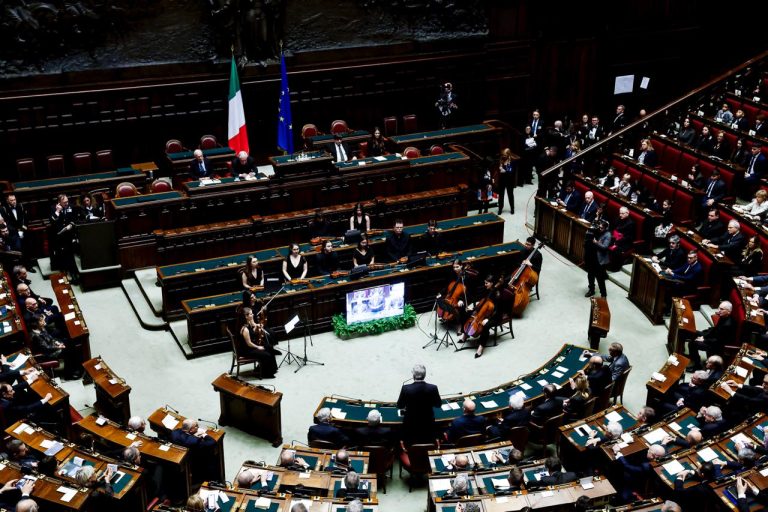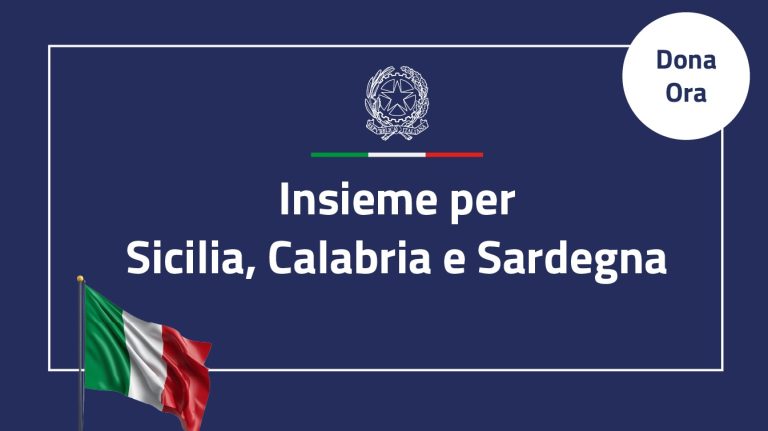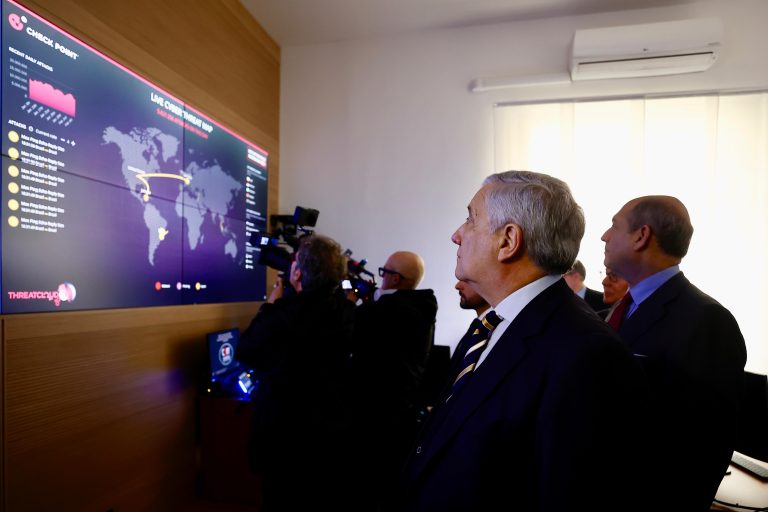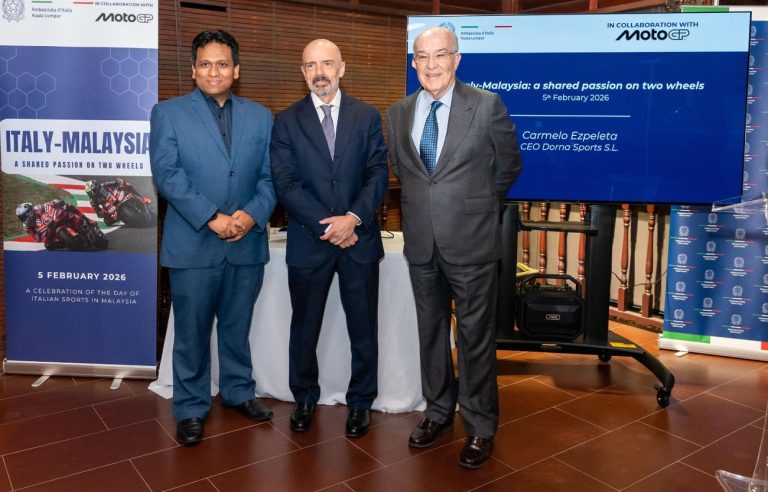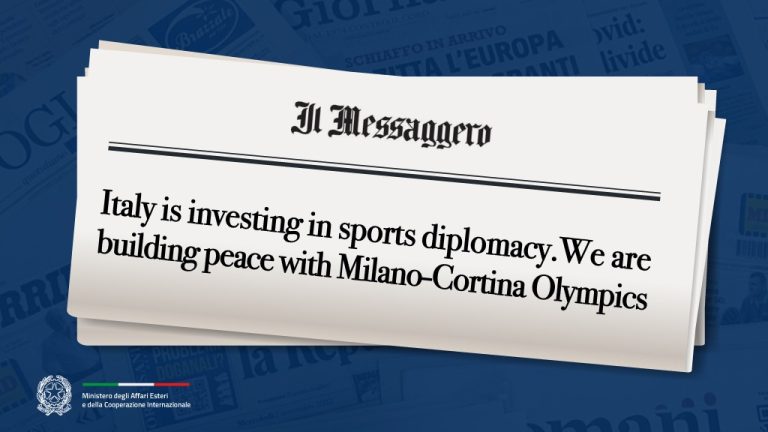BACKGROUD
THE ORIGINS OF ITALY’S CAMPAIGN
A commitment to banning female genital mutilation (FMG) is central to Italy’s international work.
Since 2004, in its work at the United Nations Italy has been actively pursuing the goal of eliminating this horrific practice, which is so deeply damaging to women’s dignity. In 2006, Parliament passed a law, no. 7/2006, which the UN Secretary General cited as a one of the world’s most advanced legislative provisions on this topic.
Containing “Provisions concerning the prevention and banning of the practice of female genital mutilation”, this law, which is very broad in scope, does not just prohibit FMG by creating an ad hoc criminal offence. It goes further, by envisaging a range of preventive measures and services providing assistance for the victims of this practice.
THE 2012 UN RESOLUTION
Our commitment has intensified since 2008 and culminated in 2012 when the Third Committee (Social, Humanitarian and Cultural Affairs) of the UN General Assembly adopted Resolution 67/146 on “Intensifying global efforts for the elimination of female genital mutilations”, on 26 November 2012. The Resolution was confirmed by the Plenary Session of the Assembly on 21 December.
Resolution 67/146, the first UN document specifically dedicated to the issue of female genital mutilation, is now an integral part of the corpus of provisions dedicated to protecting the rights of women and girls. Co-sponsored by Italy, which also negotiated the text on behalf of the European Union, the Resolution was presented by the Group of African States, the countries most severely affected by the phenomenon. As Minister Terzi underscored, “numerous African countries have been engaged individually in combating this scourge. But making the change from national action to a global commitment, through this UN Resolution, has meant a notable step change”.
Minister Terzi kept the issue of FMG high on the agenda of all his bilateral meetings with representatives of African countries throughout 2012. He also issued instructions to promote numerous meetings within the UN, in the knowledge that he could count at all times on strong support from the many civil society and political and parliamentary organisations engaged on this front.
ITALY’S INTERNATIONAL FINANCIAL COMMITMENT
Italy is one of the main funding countries for the joint UNFPA (United Nations Population Fund) and UNICEF Programme on “Female Genital Mutilation/Cutting: accelerating change”. Indeed, our country has donated over 5.5 million US dollars since 2008. The Programme involves an information and education campaign, as well as prevention and health initiatives addressed to thousands of communities throughout Africa with the aim of encouraging them to abandon the practice of FGM.
New funding of €1.5 million will soon be approved for 2013. Support for the UNFPA-UNICEF programme is an integral part of Italy’s campaign against FGM. In 2012, UNFPA-UNICEF began an evaluation exercise on the effectiveness of the Programme (the preliminary results of which will be available in April 2013), in the run-up to the second stage (2014-1017)
Italy has also provided support worth €1.5 million for the international work of Non C’è Pace Senza Giustizia, a non-governmental organisation. The funding can be broken down as follows:
· 2008 – €300,000 through UNOPS, the United Nations agency in New York whose main goal is to provide services and assistance for development projects;
· 2010 – €100,000 for development-focused information and education projects
· 2011-12 – direct donation of about €1 million to Non C’è Pace Senza Giustizia.
Lastly, Italy is also providing €1.99 million over 3 years for a programme in Djibouti, run through an agreement with the “National Institute for Health, Migration and Poverty” (NIHMP).



